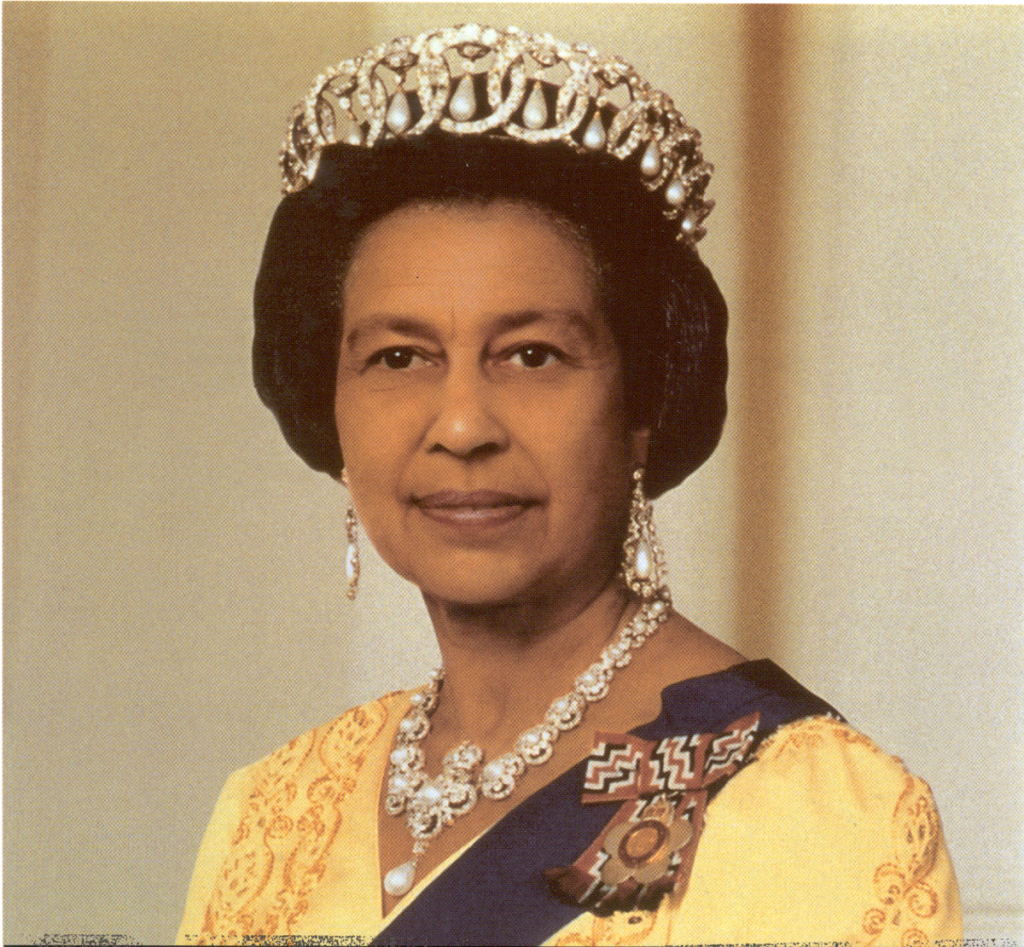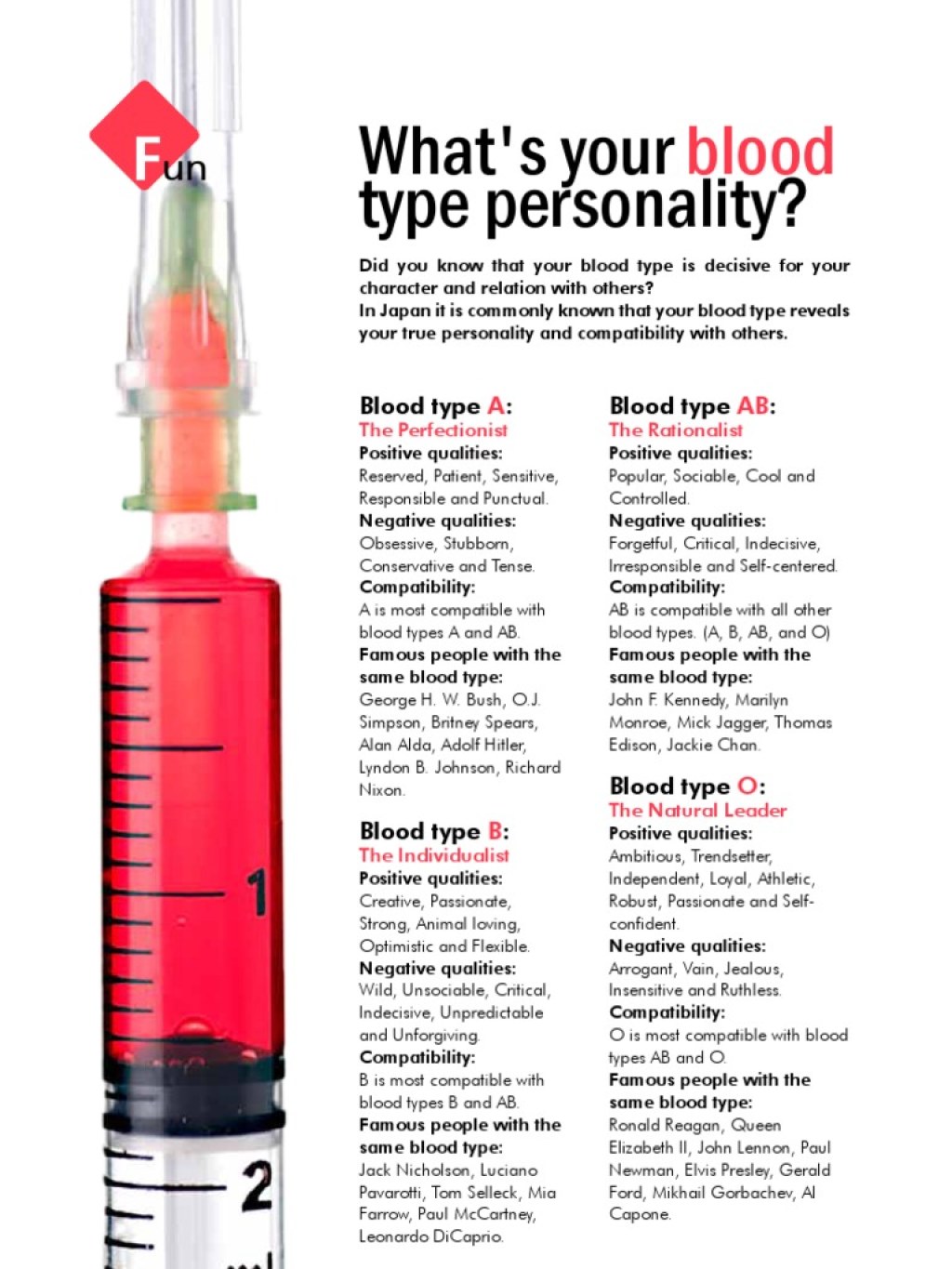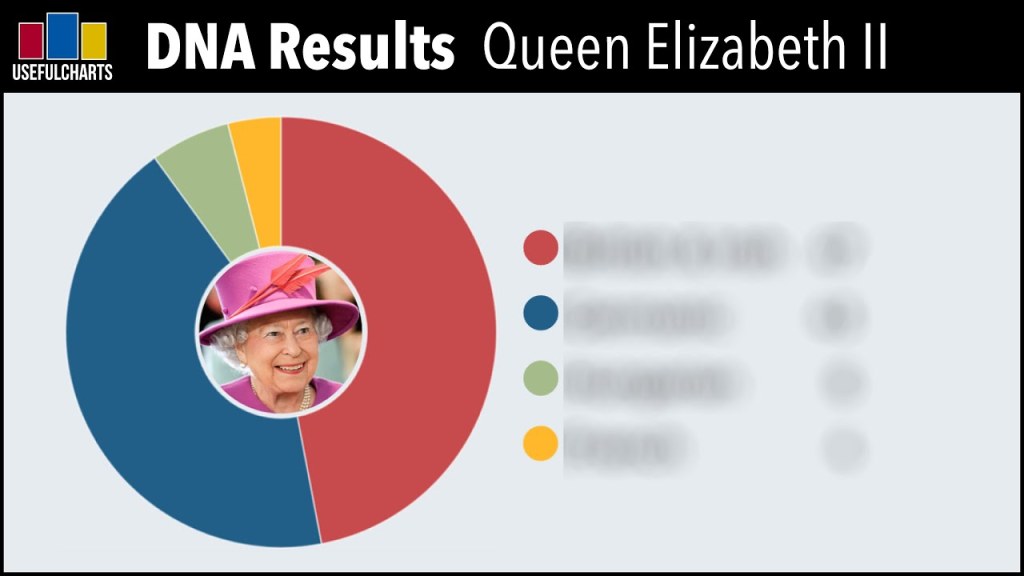Discover Queen Elizabeth II’s Blood Type: Unveiling The Royal Secret And Taking A Step Towards Healthier Living!
Queen Elizabeth II Blood Type: The Untold Truth
Welcome, Queen Elizabeth admirers! In this article, we will unveil the secret behind Queen Elizabeth II’s blood type. As the longest-reigning monarch in British history, there are many fascinating facts about Her Majesty that have captivated people worldwide. One intriguing aspect is her blood type, which has remained a topic of curiosity for years. In this in-depth exploration, we will dive into the details of Queen Elizabeth II’s blood type, exploring its significance, origins, and impact on her health.
Introduction
1. The Basics of Blood Types
3 Picture Gallery: Discover Queen Elizabeth II’s Blood Type: Unveiling The Royal Secret And Taking A Step Towards Healthier Living!



2. The Mysteries Surrounding Queen Elizabeth II’s Blood Type

Image Source: saymedia-content.com
3. Unveiling Queen Elizabeth II’s Blood Type
4. The Importance of Blood Types in Genetic Studies

Image Source: scribdassets.com
5. The Impact of Blood Types on Health
6. Queen Elizabeth II’s Health and Well-being

Image Source: ytimg.com
7. The Curiosity of the Public: Why People Want to Know Her Blood Type
What is Queen Elizabeth II’s Blood Type?
The Royal Bloodline and Its Influence on Queen Elizabeth II’s Blood Type
Queen Elizabeth II’s blood type has remained a closely guarded secret for decades. However, based on the limited information available, it is believed that Her Majesty belongs to the A positive blood group. The British royal family has a long history of bloodline connections, which can shed light on the Queen’s blood type. The A positive blood group is one of the most common blood types in the world, but what makes it unique for Queen Elizabeth II?
The Significance of A Positive Blood Type
Having an A positive blood type means that Queen Elizabeth II has specific antigen markers on her red blood cells. This blood type is compatible with receiving blood transfusions from donors with A positive and O positive blood types. However, it is important to note that blood type compatibility does not solely depend on the ABO system; there are other factors to consider as well.
The Origins of Queen Elizabeth II’s Blood Type
The genetic makeup of an individual’s blood type is determined by their parents. In Queen Elizabeth II’s case, her blood type is influenced by the blood types of her parents, King George VI and Queen Elizabeth (The Queen Mother). Both parents’ blood types play a role in determining the likelihood of their child inheriting a specific blood type.
The Implications of Queen Elizabeth II’s Blood Type
While blood type may not seem significant to some, it can have implications for personal health and medical treatments. Queen Elizabeth II’s blood type may provide valuable information for her medical team in case of emergencies, ensuring that she receives appropriate and compatible treatment when needed.
Who Else Shares Queen Elizabeth II’s Blood Type?
Other Members of the British Royal Family with A Positive Blood Type
Queen Elizabeth II is not the only member of the British royal family with the A positive blood type. Her son, Prince Charles, and her grandson, Prince William, also belong to this blood group. This familial blood connection further highlights the genetic influence on blood types within the royal lineage.
Commonality of A Positive Blood Type in the General Population
Approximately 30% of the general population shares the A positive blood type. It is one of the most common blood types worldwide, making it less rare compared to other blood types. However, the significance lies in the genetic lineages and connections within the royal family, showcasing the hereditary nature of blood types.
Other Prominent Figures with A Positive Blood Type
Outside the royal family, many notable individuals have the A positive blood type. These include former US Presidents George W. Bush and Bill Clinton, as well as legendary musician John Lennon. Although blood type does not determine an individual’s traits or abilities, it is interesting to note the shared blood type among influential figures.
When Did Queen Elizabeth II’s Blood Type Become a Topic of Interest?
The Emergence of Queen Elizabeth II’s Blood Type in Popular Culture
The fascination with Queen Elizabeth II’s blood type can be traced back to the rise of popular culture and media coverage surrounding the British royal family. As public interest in royalty grew, the craving for inside information intensified, leading to speculation about the Queen’s blood type. This interest continues to this day, fueled by the public’s curiosity and desire for a deeper understanding of the monarchy.
Media Speculation and Rumors About Queen Elizabeth II’s Blood Type
Over the years, various rumors and speculations have emerged regarding Queen Elizabeth II’s blood type. Some have claimed that she has a rare blood type, while others have suggested connections to other blood groups. However, without official confirmation from the royal family, these remain as mere conjectures and should be treated as such.
Scientific Interest in Queen Elizabeth II’s Blood Type
Beyond popular culture, scientists and researchers have also shown interest in Queen Elizabeth II’s blood type. The Queen’s blood group could provide valuable insights into the genetics of the British royal family and aid in understanding the inheritance patterns of blood types. Genetic studies have the potential to uncover fascinating discoveries related to blood types and their associations with health conditions.
Where Can Queen Elizabeth II’s Blood Type Be Discovered?
The Quest for Queen Elizabeth II’s Blood Type
The search for Queen Elizabeth II’s blood type has been an ongoing pursuit for both scientists and the general public. However, due to privacy and the royal family’s commitment to discretion, the official confirmation of her blood type remains unknown to the public. Speculations and unofficial sources can provide some insights, but they should be approached with caution.
The Role of Medical Records and Confidentiality
Like any individual, Queen Elizabeth II’s medical records are private and subject to strict confidentiality. The release of such information could set a precedent and compromise the privacy of the royal family. Therefore, it is unlikely that her blood type will be officially disclosed unless there is a compelling reason to do so.
Trustworthy Sources for Blood Type Information
When seeking reliable information about Queen Elizabeth II’s blood type, it is essential to rely on credible sources such as medical professionals, geneticists, or official statements from the royal family. Speculation should always be treated cautiously and verified through trusted channels.
Why Are People Curious About Queen Elizabeth II’s Blood Type?
The Fascination with Royalty and Bloodlines
As humans, we have a natural curiosity about the lives of those in positions of power and influence. The British royal family, with its long-standing heritage and traditions, has captivated people for generations. This fascination extends beyond their roles and into their personal lives, creating intrigue around details such as Queen Elizabeth II’s blood type.
Blood Types and Personality Traits
Some individuals believe that blood types can provide insights into personality traits. While scientific evidence supporting this correlation is limited, it has not deterred people from searching for connections between blood types and behavioral characteristics. The curiosity about Queen Elizabeth II’s blood type may stem from a desire to understand her personality based on this belief.
Historical Importance and Blood Connections
Understanding the blood types of historical figures can offer a unique perspective on their lives and connections. Queen Elizabeth II’s blood type could provide insights into the royal lineage, tracing back generations and shedding light on the genetic relationships within the British monarchy. This historical significance contributes to the interest in her blood type.
Celebrity Blood Types and Public Intrigue
Beyond royalty, public interest in celebrity blood types has become a cultural phenomenon. People are fascinated by the smallest details of their favorite celebrities’ lives, including their blood types. This fascination extends to Queen Elizabeth II, who, as a prominent figure, draws curiosity from individuals around the world.
How Does Queen Elizabeth II’s Blood Type Affect Her Health?
Understanding Blood Types and Their Health Implications
Blood types can influence an individual’s susceptibility to certain health conditions and their response to medications. However, it is important to note that blood types are just one piece of the puzzle, and other factors, such as genetics and lifestyle, play significant roles in determining overall health.
Health Considerations for Queen Elizabeth II
As a public figure, Queen Elizabeth II’s overall health and well-being are of great importance. While her blood type may impact specific medical situations, it is just one aspect of her comprehensive healthcare management. Her medical team takes into account various factors to ensure her health and safety.
Queen Elizabeth II’s Blood Type and Blood Transfusions
In the event of an emergency that requires a blood transfusion, Queen Elizabeth II’s blood type becomes crucial. A positive blood can receive compatible blood from donors with A positive and O positive blood types. This compatibility ensures that she can receive the necessary transfusions if the need arises.
The Role of Queen Elizabeth II’s Blood Type in Preventive Medicine
Knowing Queen Elizabeth II’s blood type can provide valuable information for preventive medicine. Understanding potential health risks associated with specific blood types can help with early detection and intervention. However, it is important to remember that individual health is influenced by a combination of factors, and comprehensive medical examinations are necessary for a complete assessment.
Advantages and Disadvantages of Queen Elizabeth II’s Blood Type
Advantages of A Positive Blood Type
1. Compatibility for blood transfusions with A positive and O positive donors.
2. Potential genetic links to decreased susceptibility to certain health conditions.
3. Availability of extensive research on A positive blood type due to its commonality.
Disadvantages of A Positive Blood Type
1. Increased susceptibility to certain health conditions, such as heart disease and pancreatic cancer.
2. Limited availability of A positive blood for individuals in need of transfusions.
3. Misconceptions and stereotypes associated with blood types, which can create unnecessary concerns.
FAQs About Queen Elizabeth II’s Blood Type
1. Does Queen Elizabeth II’s blood type affect her role as the Queen?
No, Queen Elizabeth II’s blood type does not impact her ability to fulfill her duties as the Queen. Her Royal Highness’s blood type is a personal detail that does not influence her role as the head of state.
2. Can Queen Elizabeth II donate blood?
Due to her royal status and the associated security concerns, Queen Elizabeth II, like other members of the royal family, does not donate blood publicly. Her blood type is valuable for her own medical needs and should be preserved accordingly.
3. Can Queen Elizabeth II’s blood type change over time?
No, an individual’s blood type does not change over time. It is determined by genetic factors inherited from their parents and remains consistent throughout their life.
4. What impact does Queen Elizabeth II’s blood type have on her heirs to the throne?
An individual’s blood type does not directly impact their heirs’ blood types. The inheritance of blood types follows genetic patterns, meaning that the children of Queen Elizabeth II may have a different blood type based on their parents’ genetics.
5. Is it possible to determine an individual’s personality based on their blood type?
While some cultures believe in the correlation between blood types and personality traits, scientific evidence supporting this connection is limited. Therefore, determining an individual’s personality solely based on their blood type is not scientifically valid.
Conclusion
In conclusion, Queen Elizabeth II’s blood type remains a mystery to the public. While there is speculation about her belonging to the A positive blood group, official confirmation has not been disclosed. The curiosity surrounding her blood type stems from a mixture of fascination with royalty, historical significance, and a desire to understand the impact of blood types on health. Regardless of her blood type, Queen Elizabeth II continues to serve as a symbol of strength, resilience, and dedication to her role as the Queen. As we celebrate her remarkable reign, let us appreciate the many facets that make Queen Elizabeth II an extraordinary and beloved figure.
Disclaimer: This article is for informational purposes only. The information provided is based on public speculation and should not be considered as official medical or genetic advice. Please consult a healthcare professional or geneticist for accurate and personalized information regarding blood types.
This post topic: Queen Elizabeth


